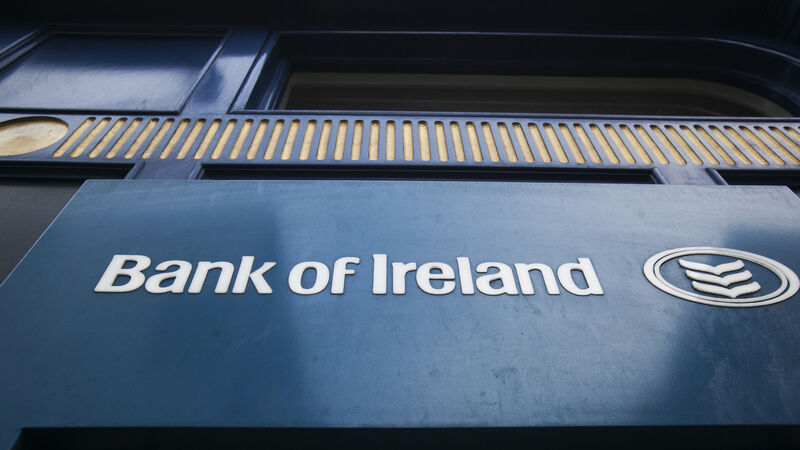Irish bank shares drop sharply following SVB collapse

"Speaking on the fallout this morning, Pascal Donohue told reporters, "We’ve a very strong regulatory and resolution framework here in Europe."
Irish bank shares have seen notable declines on Monday in line with other European banks as the impacts of Silicon Valley Bank's collapse continues to materialise.
AIB was down over 6.5% at 10 am, dropping fast from a previous close price of €3.84. Similarly, Bank of Ireland also saw prices drop, falling by just over 7% after 10am, down from a close price of €9.88.












